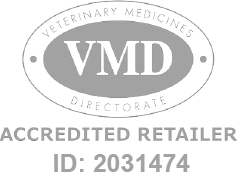Thank you for visiting www.365vet.co.uk.
Due to ongoing technical issues, we are currently not accepting new orders on our website.
If you require assistance with an existing repeat prescription held with 365vet, please contact our customer service team on 01829 734980 or sales@365vet.co.uk.
If you wish to place a new order, we do have a sister website, www.vetuk.co.uk, which you might like to try as an alternative option to source your products.
They are currently running a promotion for new customers – please use this code at checkout: VETUK10.
We will provide further updates when possible. Thank you for your loyal custom.
The 365vet team



